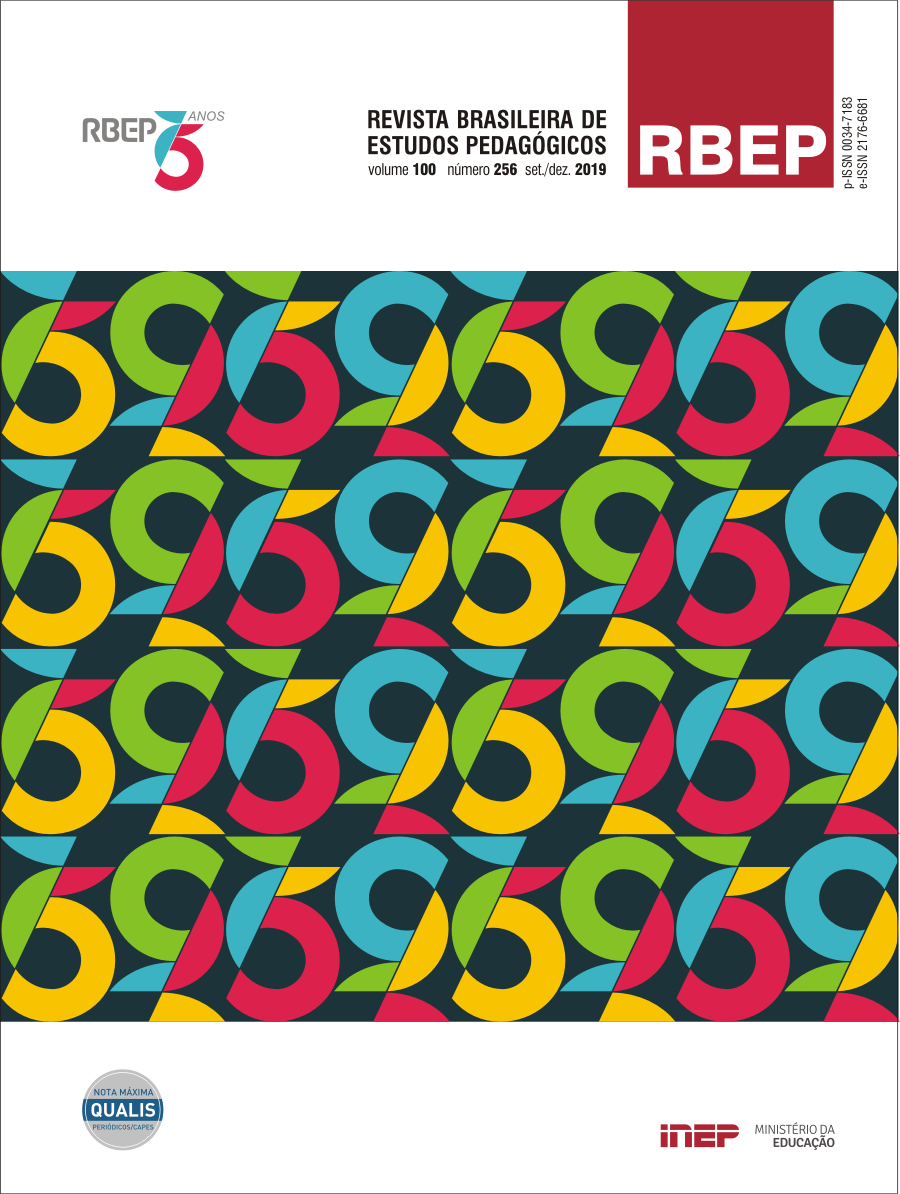Techniques for producing and processing qualitative data in theses and dissertations on digital educational technologies using action research
Abstract
Many data production and processing techniques are used in qualitative surveys, such as interviews, observations, field journals, photographs, videos, among others. These many techniques raise doubts when it comes to pairing one to any given research. In this sense, this study looks into the techniques for producing and processing data used in dissertations and theses that have as basis methodology the action research. For this reason, a systematic mapping was drew in three stages: the planning, the accomplishment/conducting and the analysis of the results. The research question to be answered with this systematic mapping is: which tools and techniques of data production and processing are used in the Brazilian theses and dissertations that approach educational technologies andhave action research as their research concept? The examination was performed in the catalogue of theses and dissertations of the Coordenação de Aperfeiçoamento de Pessoal de Nível Superior (respectively acronymed in Portuguese as Capes and CTD), by employing the search string:“technologies” or “digital” or “virtual” and “search-action” or “action research”. The theoretical basis for this study is supported by authors who follow the approach of qualitative research in education such as: Flick (2004), Gatti (2002) and Gibbs (2009). In addition, the author Kitchenham (2004), who studies the planning of systematic mappings, was used in the development of the research. After reading the studies chosen, it was observed that the techniques used more often were the observation and construction of field journals complemented by interviews, images and documentary analysis.
Downloads
Once their work is accepted for publication, author’s copyrights are automatically relinquished to the National Institute for Educational Studies and Research Anísio Teixeira (Inep).
Since 2016, the journal Revista Brasileira de Estudos Pedagógicos (RBEP) uses the licence CC-BY.
Partial or total reproduction of the content of this Journal is permitted provided that the original publication is properly referenced, as well as a link to license CC BY 4.0 and to indicate any possible alterations made to the article.




















